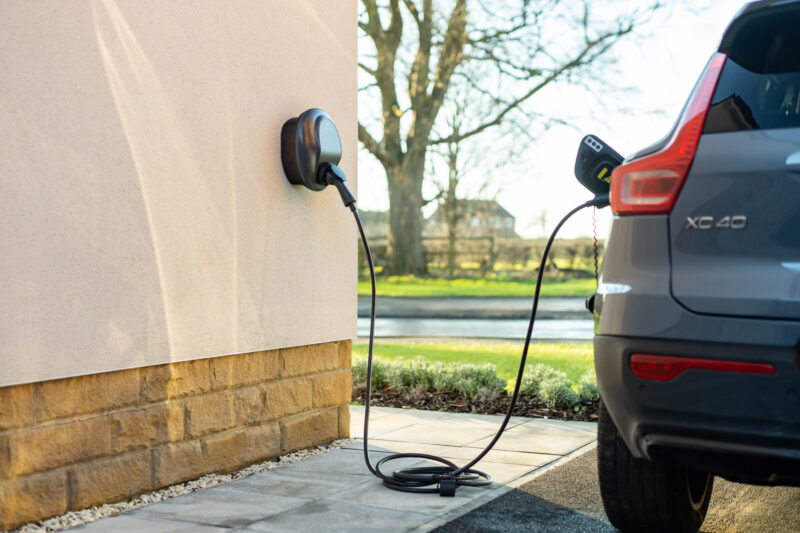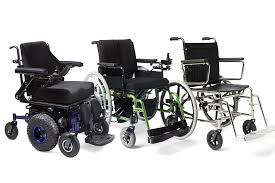Car Chargers: A Deeper Dive into Their Evolution and Importance

As our reliance on mobile technology grows, the role of car chargers has become more integral to daily life than ever before. Beyond simply keeping phones charged, these versatile devices are evolving to meet the diverse needs of drivers, road warriors, and gadget enthusiasts. Let’s take a closer look at their evolution, different types, and the impact of technology on how they’re used.
The Evolution of Car Chargers
Car chargers have come a long way from their early days. Initially, car chargers were rudimentary devices designed for basic mobile phones, offering slow and inconsistent charging. Over time, as mobile phones morphed into smartphones and other digital devices proliferated, car chargers evolved to accommodate new technologies.
Here’s a snapshot of this evolution:
- Basic 12V Chargers
Early car chargers utilized the vehicle’s 12V power outlet (or cigarette lighter). These chargers were slow, but they laid the foundation for in-car power supply. - USB Car Chargers
As smartphones and portable devices grew in popularity, USB car chargers became the norm. They offered faster charging and the ability to charge multiple devices at once, with ports for both USB-A and, more recently, USB-C. - Fast-Charging Technologies
With the rise of fast charging standards like Qualcomm Quick Charge and USB Power Delivery (PD), car chargers adapted to deliver higher wattage output. This innovation enabled faster charging for devices like smartphones, tablets, and even some laptops, making them essential for busy professionals and long-distance travelers. - Wireless Car Chargers
The introduction of wireless charging capabilities in smartphones led to the development of Qi-compatible wireless car chargers. These chargers provide a seamless, cable-free experience and often double as phone mounts. - Multi-Functional Car Chargers
Today, car chargers are no longer just for phones. Some models can charge laptops, portable power banks, and even operate as USB hubs for in-car entertainment systems.
Specialized Car Chargers for Different Needs
As car chargers continue to diversify, they have become specialized to cater to different user needs:
- High-Output Chargers for Professionals
For professionals who are always on the go, high-output chargers capable of delivering up to 100W can be a game-changer. These models can charge laptops, tablets, and high-capacity power banks, ensuring that essential work devices remain powered during long journeys. - Compact Chargers for Minimalists
For those who prefer a sleek, minimalist setup, there are compact car chargers designed to be nearly flush with the dashboard. These models provide powerful charging capabilities without taking up extra space. - Eco-Friendly Chargers for Sustainability Enthusiasts
Solar-powered car chargers are gaining traction among eco-conscious drivers. While not as fast as electric models, they offer a renewable energy source, making them ideal for camping trips or extended stays in areas without reliable power access. - Integrated Chargers for Tech-Savvy Drivers
Some car manufacturers are now including integrated USB ports, wireless chargers, and even fast-charging stations directly in the design of the vehicle’s interior. These chargers are seamlessly built into armrests, center consoles, or dashboard areas for easy access.
Troubleshooting Common Car Charger Issues
Even the best car chargers can experience occasional problems. Here are some common issues and how to address them:
- Device Not Charging
- Check the Connection: Make sure the charger is fully inserted into the car’s power outlet, and that the charging cable is securely connected to both the charger and the device.
- Inspect for Damage: Look for signs of damage to the charging cable, port, or charger itself. If any damage is visible, replace the component to avoid safety risks.
- Reset the Car’s Power Outlet: Some vehicles have a dedicated fuse for the power outlet, which may need resetting or replacement if the charger isn’t receiving power.
- Slow Charging Speeds
- Use a Quality Cable: Low-quality or damaged cables can reduce charging speed. Invest in a high-quality, certified cable to maximize charging efficiency.
- Avoid Overloading: Charging multiple devices simultaneously can reduce speed. Try charging one device at a time if speed is critical.
- Check Charger Compatibility: Ensure the charger is compatible with your device’s fast-charging standard (e.g., USB PD, Quick Charge).
- Charger Overheating
- Move to a Cooler Spot: If your charger is overheating, consider moving it away from direct sunlight or shifting it to a different port, if available.
- Avoid Charging Too Many Devices: Overloading a charger can cause it to overheat. Limit the number of connected devices to prevent excess heat buildup.
Innovative Uses for Car Chargers
Car chargers have moved beyond just powering phones and tablets. Here are some innovative ways drivers use them:
- Powering Portable Refrigerators: For road trips or camping, car chargers can power small portable refrigerators, keeping food and drinks cold throughout the journey.
- Running In-Car Entertainment: High-capacity chargers can support USB hubs, allowing passengers to connect gaming consoles, tablets, or laptops for entertainment on long drives.
- Emergency Backup Power: Some drivers use car chargers to recharge portable power banks, ensuring they have backup power ready in case of emergencies or extended outages.
- Dash Cam Powering: Many drivers use car chargers to power dash cams, providing continuous recording for safety and security while driving.
The Future of Car Charging Technology
As electric vehicles (EVs) become more prevalent, the car charging landscape will continue to evolve:
- Vehicle-to-Device (V2D) Technology: Newer electric vehicles are expected to come with V2D systems that allow the car’s battery to serve as a power bank for various devices. This technology would enable much faster charging without the need for additional adapters.
- Augmented Reality (AR) Charging Systems: AR dashboards could integrate real-time information about charging speeds, estimated charge times, and device status, giving drivers more control over their in-car power management.
- 5G-Powered Chargers: As 5G networks expand, car chargers could become smarter, adjusting power levels based on network connectivity and data usage needs, allowing for optimized charging while reducing energy consumption.
Conclusion
Car chargers have gone from being simple accessories to essential in-car devices that support our tech-dependent lifestyles. With a variety of models tailored to different needs, car chargers ensure that drivers stay connected, productive, and prepared, no matter where the road takes them. As technology advances, car chargers will continue to play a critical role in transforming the in-car experience, making them indispensable to modern driving.
4o






